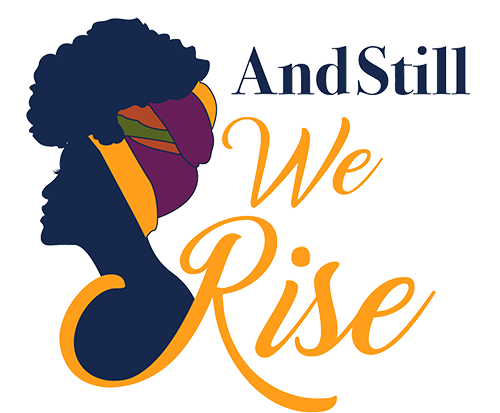Grief in the Time of Genocide
By: Salwa Galal, LMHC
To attempt to define the heaviest of human emotions with such a miniscule and modest word is futile, at best. The English language uses the word “grief” in effort to encapsulate this raw, burdensome, and consuming feeling, and defines it as follows: 1) deep and poignant distress caused by or as if by bereavement; 2) trouble or annoyance.
So, what does one do when faced with both kinds of grief every day? The grief we are experiencing, as South West Asians and North Africans (SWANA) (aka Middle Eastern/North African), is an unbearable platitude of mourning that doesn’t stop at one death, but thousands, day after day. There’s the overwhelming grief that consumes our very existence as we live out our own groundhog day, waking up to images of gruesome death, destruction, torture, and a repeated calling for ethnic cleansing of our own people. We mourn the brutal taking of lives, of entire families, of infants just days old, or the unborn who have yet to take their first breath outside of their mothers’ wombs. We mourn the loss of centuries-old historical structures and homes that housed the footprints of our ancestors. We mourn the loss of the olive trees that are older than many of today’s modern nations and have fed the people of the land for generations. We mourn the education the children can no longer access. We mourn the joys of life that are swallowed by sadness, anger and fear. We mourn our humanity, as we now easily accept a level of depravity that no human should endure.
Then, there’s the overwhelming feeling of disappointment, anger, frustration, and pain knowing that your grief and rage-filled screams are causing “grief” to others whom you thought you could consider allies.
We are mourning our relationships, especially with those who, a few years ago, might have been linked in arms in protest of racist, fascist leadership aiming to destroy civil and women’s rights. Now, those allyships have withered away; we are watching their faces and voices fade away into silence on their large ships as we find ourselves floating away on our own lifeboat into the loneliness of the ocean.
For those of us here, living in the diaspora as immigrants, first, second or even third generations, we are in constant survival mode. We are feeling powerless, on edge, hypervigilant, exhausted, and silenced. Many trauma survivors can relate to constantly living in between states of flight, fight, freeze, or fawn, which make functioning in one’s daily life extremely difficult. Grief, as described by the American Psychological Association, “often includes physiological distress, separation anxiety, confusion, yearning, obsessive dwelling on the past, and apprehension of the future. Intense grief can become life-threatening through disruption of the immune system, self-neglect, and suicidal thoughts.” SWANA folks, especially Palestinians, Lebanese, and Syrians living in the West are experiencing a range of these feelings while living in a place that demands normalcy and complacency. Some are already carrying the effects of PTSD either directly from their experience of Israel Offense Forces (IOF) and Israeli settler violence, or indirectly in their DNA from their living family members or ancestors’ traumas. This now accumulates with witnessing war crime after war crime carried out with impunity, and hawk-eyeing various news outlets while praying their family members’ names do not show up on the list of martyrs.
In our everyday lives, it can be challenging to recognize some of the ways grief and trauma responses express themselves, especially when we do not have the capacity to process it. Some of the responses can look like: excess fatigue, unexplainable heaviness or sadness, hypervigilance, lack of motivation for daily tasks, increased irritability, frequent disassociation, an unusual feeling of overwhelm, overbooking schedules to avoid down time and escapism through various media outlets. Our nervous systems are in constant overdrive, even while we sleep, from carrying this burden while having to be present for our families, work, school and social lives. Importantly, we must find ways to cope and process. We must also remember that not all coping strategies work for everyone. Some of these strategies are: crying; screaming (into a pillow, if needed); connecting with community; performing mourning rituals to honor the deceased and ancestors; praying, meditating, or both; creating something with any art or craft medium; moving your body through exercise, dance, or yoga; engaging in forms of activism.
This list is certainly not exhaustive, but it is a starting point. If we do not move the grief through us, it will consume our mind, body and spirit like a deadly virus. Above all else, we must be gentle with ourselves, remembering that no human is meant to endure the level of trauma exposure in real time that we are experiencing today, and that this should never be normalized. As Dr. Martin Luther King reminds us, only light can drive out darkness. Therefore we must hold on to the beauty of this world and not lose faith in our ability to overcome hate.
Learn more about our virtual support group: Collective Grief and Rage: A Virtual Support Group for Southwest Asian & North African Communities.
About:
Salwa Galal (she/her) is a Licensed Mental Health Counselor (LMHC) working as a Psychotherapist for And Still We Rise. Learn more about Salwa here.

